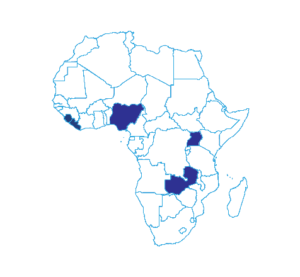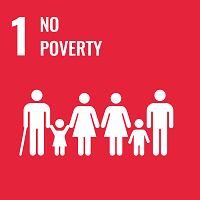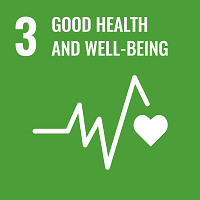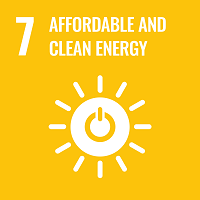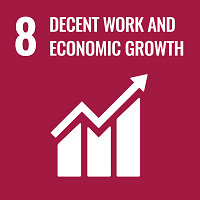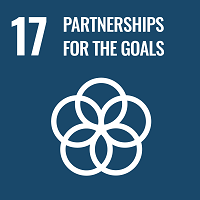Mobile Power is well aligned with national NDC targets and priorities of most portfolio countries, supporting, among others: Sierra Leone’s national policy priority of promoting renewable energy development in rural areas (Updated NDC, 2021); Liberia's 2030 conditional targets to reduce its GHG emissions by 64% and increase the share of RE in electricity generation to 30% by 2030 (Updated NDC, 2021); Nigeria’s National Development Plan 2021-2025 electrification target of 75% by 2025; and Uganda’s 100% electrification by 2030 target (Draft Revised National Energy Policy, 2019).
Mobile Power
A solar-powered pay-per-use battery sharing business that was established in 2013 to serve the needs of low-income end-users in markets that are underserved by existing electrification models is expanding rapidly following the completion of its GBP 2m Series A funding round in 2020.
Mobile Power provides energy on a flexible basis through daily battery rental to consumers and is now expanding into urban generator replacement and e-mobility through the launch of its new product, the MOPOMax.
Through the company’s innovative rental model, customers rent smart lithium-ion batteries at a low cost and in time-based increments, making it easier for low-income people to access electricity as and when they need it.
The “MOPO Batteries” are charged by solar-powered “MOPO Hubs”. This provides a lower cost, lower carbon model than local alternatives, which include petrol motorbikes, petrol generators and disposable battery-powered torches. The domestic MOPO50 product is suitable for lighting and fans, as well as phone charging, radios and TVs. The larger, commercial MOPOMax product runs e-motorbikes and e-tuk tuks, as well as fridges, businesses and larger households.
Payments are made either in cash or using Mobile Money, making the service inclusive to those without Mobile Money or areas with no phone signal. Additionally, the product requires no consumer debt or long-term commitment, unlike many alternative energy access solutions.
Prior to REPP’s involvement, Mobile Power had already been operating in Sierra Leone, which is among the world’s poorest countries with 60% of the population living on less than USD 1.25 a day, and had various partnership projects in Uganda, Zambia and the Gambia. It launched in Liberia in 2020 and entered the Nigerian market in 2021 and DRC in 2022, with plans to enter Chad via a third-party relationship in 2023.
The successful Series A funding round in December 2020, led by a GBP 1m equity investment from REPP, has enabled Mobile Power to deploy its MOPO Hubs at a rapid pace across Sub-Saharan Africa. As of June 2023, the company had undertaken over 11,000,000 rentals, connecting customers to clean energy for the first time. So far this has created over 650 local full-time jobs, 30% of which are filled by women.
Mobile Power is now scaling its e-mobility and generator replacement platform. The MOPOMax is based on the company’s existing technology, manufacturing and operational experience, and provides battery rental for motorbikes, tuk-tuks, agricultural tricycles and other commercial applications.
Prior to the Series A funding round, Mobile Power had raised equity from early-stage investors, and further capital in the form of innovation grants and loans.
Funding structure
Contracted date: 10 December 2020
Funding type: Equity
REPP funding: GBP 1 million
As a highly regarded energy access investor, REPP’s participation in our Series A funding round was of strategic importance to us as we expand into new territories.- Chris Longbottom, CEO, Mobile Power


